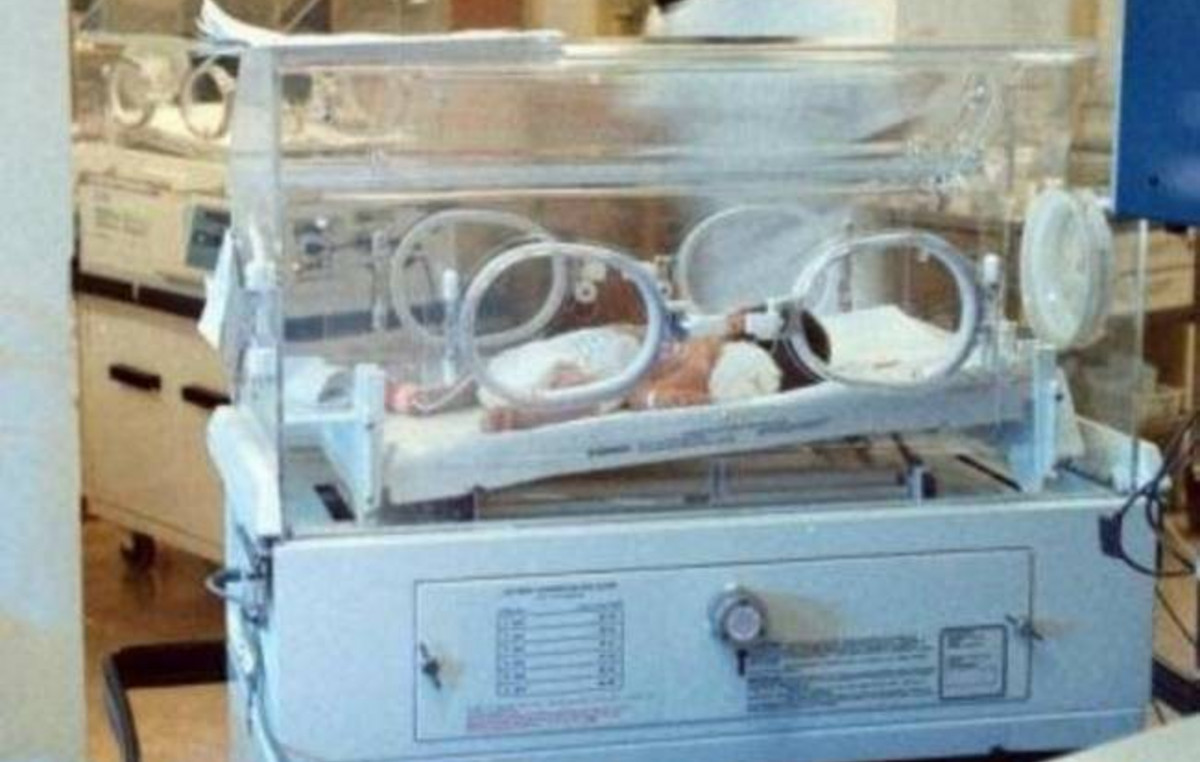Announced by President Jair Bolsonaro on Thursday (11), the extension until 2023 of the exemption from the payroll of 17 sectors of economic activity does not need to have a source of compensation. This is because a loophole in the Fiscal Responsibility Law (LRF) allows the government to include new expenditure in the Budget without revenue compensation, as long as it demonstrates that the new expenditure will not affect the primary result target of public accounts.
As provided for in item I of article 14 of the Fiscal Responsibility Law, compensation is not necessary when there is “demonstration by the proponent that the waiver was considered in the budget law’s revenue estimate and that it will not affect the fiscal result targets provided for in the annex to the budget guidelines law”.
Source close to the government with whom the CNN spoke explained that if the government manages to show that, despite losing revenue, the measure is compatible with the primary deficit target for next year, it does not need compensation. Also according to the sources, members of the economic team believe that this is the government’s main strategy to implement the measure, which was a strong demand from the business sector.
Thus, the amount of approximately R$ 10 billion remaining in the fiscal space opened up by the PEC dos Precatórios may be allocated to other expenses.
According to the Budget Guidelines Law (LDO) of 2022, published in August of this year, the target for next year is to breach up to R$ 170.47 billion. The economic team already expects, however, that this number should be revised downwards due to consecutive records in federal tax collection in recent months.
Cost is R$5.6 billion
When it sent the Annual Budget Bill (PLOA) at the end of August, the government has already set aside BRL 3.2 billion for the payroll tax exemption policy for next year. However, the total cost, or loss of revenue, estimated with the measure would be almost R$9 billion.
In other words, the real impact on public coffers is estimated by the economic team at around R$5.6 billion. The number is considered negligible when compared to the budget amount, thus not significantly affecting the primary result target.
On the other hand, from 2023 onwards, the calculated cost comes close to R$ 10 billion. The idea, according to sources, is that by then, the government will have already obtained enough support to move forward with the discussion of a broad tax relief policy for all sectors of the economy, with due compensation through a new source of revenue.
In 2020, the tax relief policy for the 17 sectors of the economy cost BRL 8.698 billion, according to the Ministry of Economy. For this year, the expectation is that the measure will cost R$ 9.679 billion. In the two years, there was no source of compensation.
Reference: CNN Brasil
I am Sophia william, author of World Stock Market. I have a degree in journalism from the University of Missouri and I have worked as a reporter for several news websites. I have a passion for writing and informing people about the latest news and events happening in the world. I strive to be accurate and unbiased in my reporting, and I hope to provide readers with valuable information that they can use to make informed decisions.







